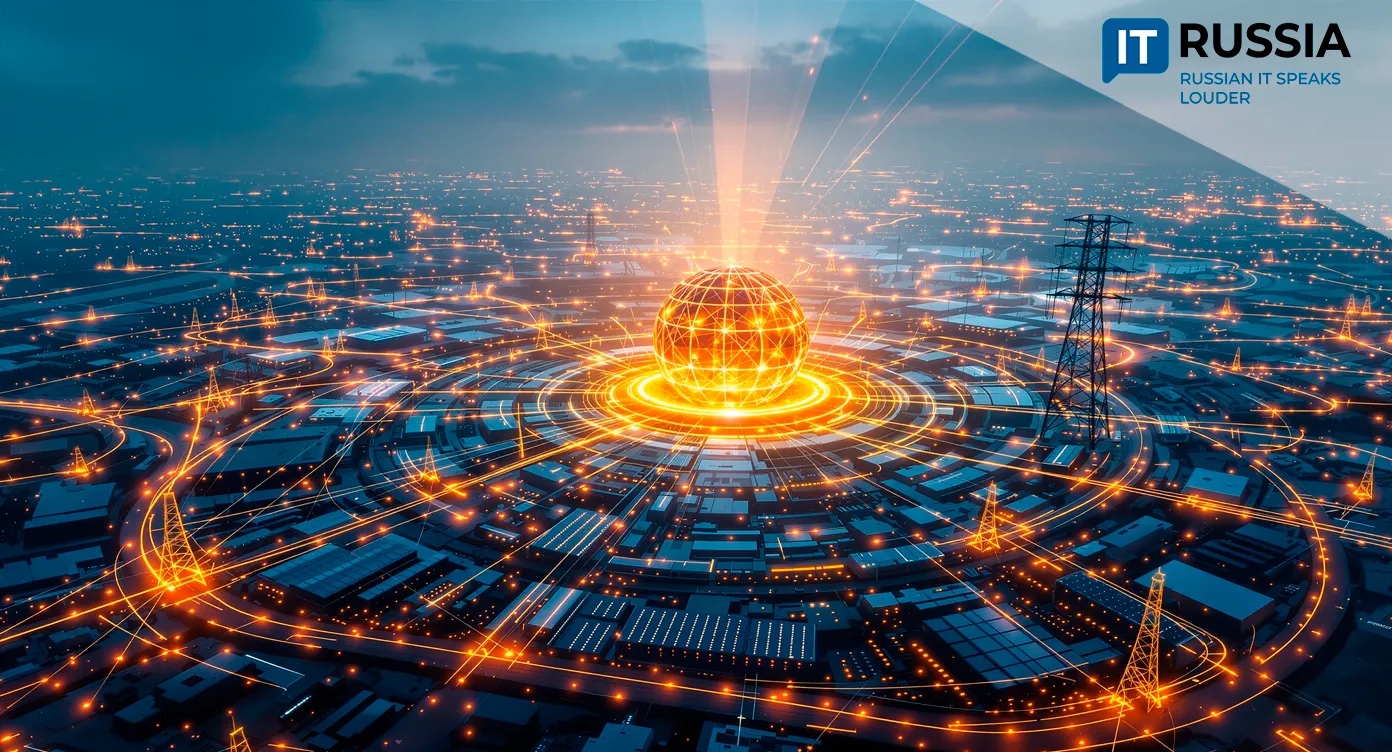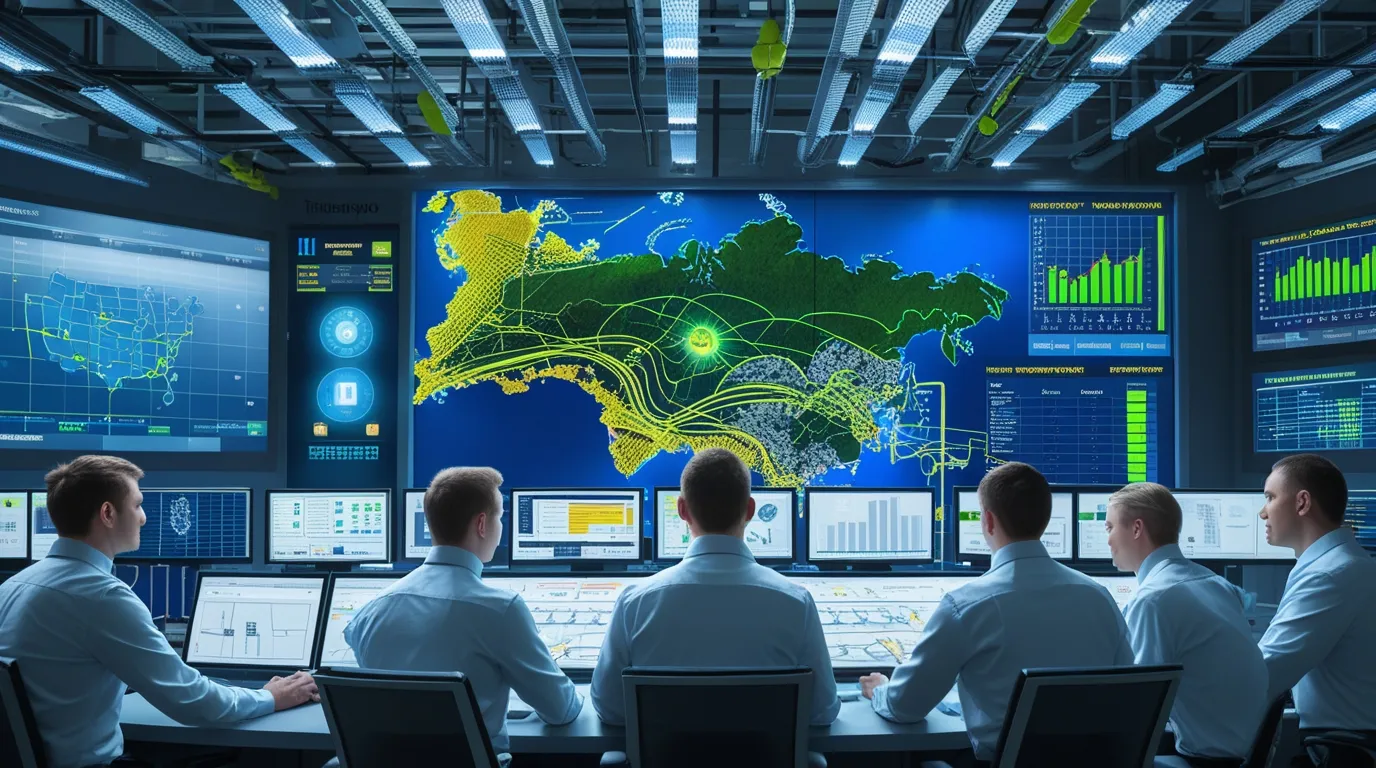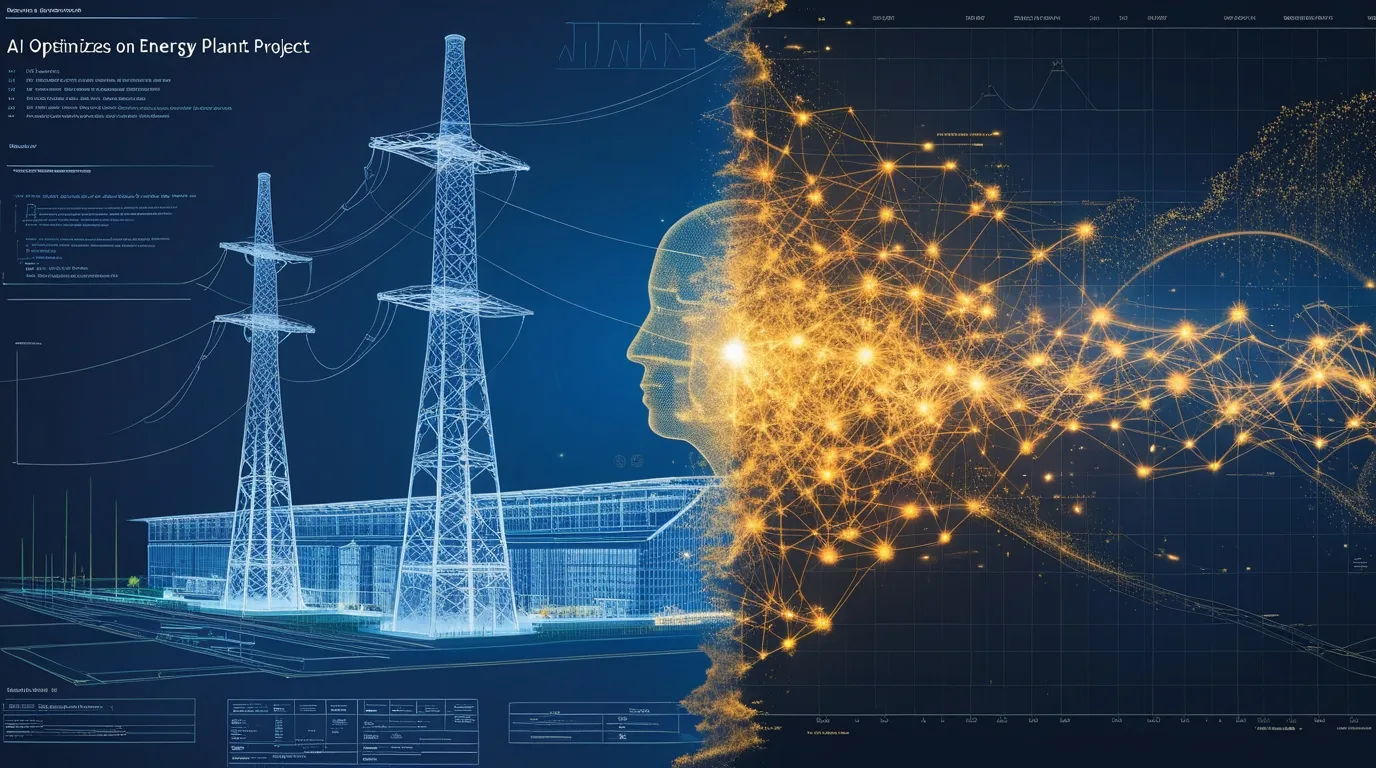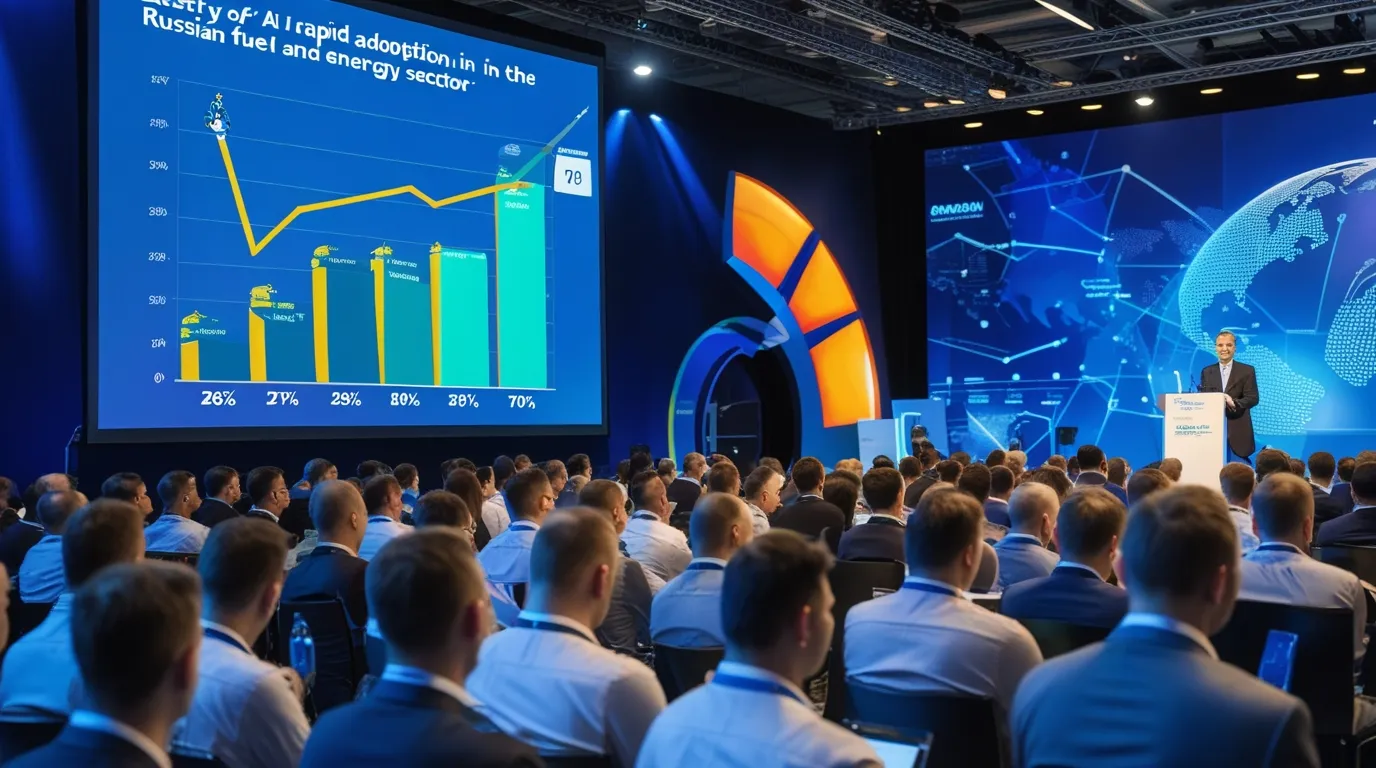Smart Energy as the Foundation of the Digital Economy
The digital economy cannot exist without data centers that store and process vast amounts of information. In Russia, their number continues to grow every year — creating new challenges for the energy system. The country plans to ensure its sustainable development with the help of artificial intelligence.

Scaling Up AI in Energy
The energy industry operates on long investment horizons — it takes years to build power plants, modernize grids, or develop new resource fields. Yet new capacity is needed today. Artificial intelligence (AI) has become one of the key tools to make this possible through efficient resource distribution. Speaking at Sberbank’s “Energy of the New Day” business breakfast, Russia’s Deputy Minister of Energy, Evgeny Grabchak, noted that AI is no longer a theoretical concept but a practical driver of transformation.
According to the Ministry of Energy, more than 300 AI-driven projects are currently being implemented across the energy sector — more than double the number two years ago. By 2027, it is expected that over 70% of Russian energy companies will integrate AI technologies into their operations.

From Prediction to Practice
Grabchak emphasized that predictive analytics powered by AI helps to forecast grid loads with greater precision, optimize generation and consumption, and reduce downtime and accident risks. This is not just theory — several major projects are already live.
For instance, since 2022, Rosseti, the national power grid operator, has deployed the AI-based “PAUK” system, which detects equipment anomalies several days before a failure. Gazprom applies AI to maintain the efficiency of underground gas storage facilities. Meanwhile, RN-Purneftegaz, a subsidiary of Rosneft, saves billions of rubles annually by cutting drilling time per well by almost 12 hours through AI-powered optimization.
Driving Growth and Policy Support
In 2024, the Russian government approved the “Digital Transformation Strategy for the Fuel and Energy Complex 2030,” which outlines measures to accelerate the adoption of AI solutions. The initiative encourages partnerships between state corporations, universities, and IT companies, while also creating certification standards and grant programs for AI technologies.
In the coming years, AI integration is set to expand rapidly in the thermal energy sector, combining with other digital tools — IoT sensors, digital twins, edge computing, and smart grids. Together, they will form a self-regulating energy ecosystem capable of adapting to real-time conditions — a crucial step toward a stable, efficient, and sustainable power infrastructure.

Expanding the Export Potential
As of late 2024, Russia operated around 190 data centers — nearly twice as many server racks as five years ago. With the planned rollout of the digital ruble by 2028, demand for data centers is projected to grow even further. The government’s push to integrate AI into the energy sector positions these technologies as an infrastructural core of the national power system.
Russian energy-tech solutions also hold strong export potential. Countries in the CIS, Asia, and Africa are actively seeking to modernize their energy infrastructure, and Russian systems could offer a competitive alternative to Western platforms.

“Russia’s competitive advantage, in our view, lies not only in its expertise but also in its ability to provide affordable energy for AI infrastructure — cheaper than most other countries,” said Kirill Dmitriev, CEO of the Russian Direct Investment Fund.










































